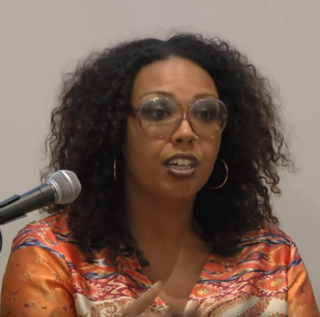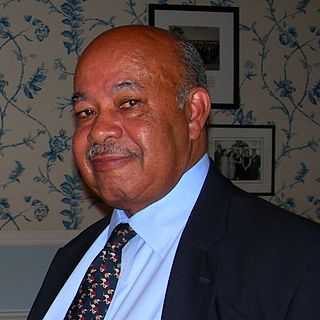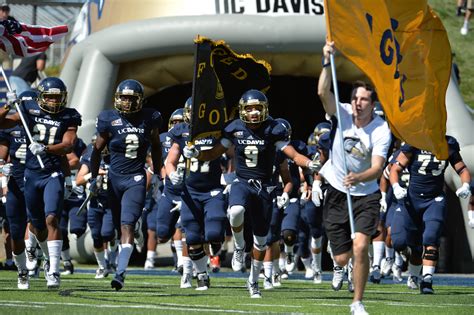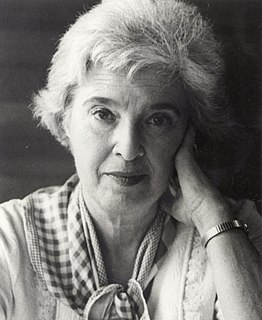A Quote by Michael Eric Dyson
Blackness also has positive dimensions, those that bear the political meanings of African American people, among other blacks, who have struggled for self-determination and freedom for centuries. The absence of such an identity doesn't automatically guarantee that we will be free of the images and ideals that fuel stereotypes about black identity. Changing the name will not alter the reality.
Quote Topics
About
Absence
African
African American
Also
Alter
American
American People
Among
Automatically
Bear
Black
Blackness
Blacks
Centuries
Changing
Determination
Dimensions
Free
Freedom
Fuel
Guarantee
Ideals
Identity
Images
Meanings
Name
Other
People
Political
Positive
Reality
Self
Self-Determination
Stereotypes
Struggled
Those
Will
Related Quotes
The potential significance of Black feminist thought goes far beyond demonstrating that African-American women can be theorists. Like Black feminist practice, which it reflects and which it seeks to foster, Black feminist thought can create a collective identity among African-American women about the dimensions of a Black women's standpoint. Through the process of rearticulating, Black feminist thought can offer African-American women a different view of ourselves and our worlds
Recent events in the aftermath of Hurricane Katrina have reaffirmed for me, however, the complete folly of any Republican strategy to increase black representation in the Republican Party by appeals based on race. Whatever the name- 'African American Outreach' or 'Black Republicans for Bush'- any effort to attract blacks or any other ethnic group to the Republican party, based on explicit or implicit appeals to race or ethnic identity, are not only a waste of time and resources, but are also misguided and potentially quite damaging to the nation.
What does it mean to be an American today? The question of that is always pointing at now. It allows someone to say what lens that will be through. A lot of my work has been about identity in different ways. Part of that for me falls into the question of gender identity certainly but also about what it means to be an American theater artist.
Black males who refuse categorization are rare, for the price of visibility in the contemporary world of white supremacy is that black identity be defined in relation to the stereotype whether by embodying it or seeking to be other than it…Negative stereotypes about the nature of black masculinity continue to overdetermine the identities black males are allowed to fashion for themselves.
African-Americans have always viewed the protection of black lives as a civil rights issue, whether the threat comes from police officers or street criminals. Far from ignoring the issue of crime by blacks against other blacks, African-American officials and their constituents have been consumed by it.
Perception, after all, is not simply a matter of what you believe about yourself, it all encompasses what others think about you, and what has been thought of you historically. I say we can pay attention to those other dimensions of our identity - class, gender, sexual orientation, geographical region - while at the same time understanding how our historically produced racial identity continues to serve, or undercut us.
What the Clintons have always done is embraced challenging. They can't have enough photo opportunities with Al Sharpton or Jesse Jackson. They communicate to blacks that they agree with their challenging identity. So, in a sense, Hillary is blacker than Barack Obama. Their alignment with this black identity makes them 'black' in a metaphorical sense, I guess.
The images that people see in the media of black people - whether journalistic or narrative - remain horrible. And those images, combined with the lack of respect among black people in the poorer neighborhoods for themselves, and the part the police and other people coming into those neighborhoods play, it creates no value for life.
































